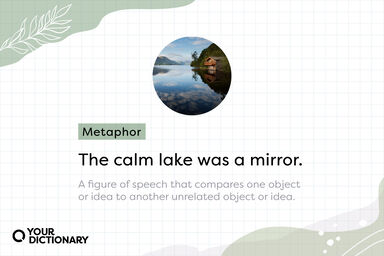Stalk Definition
Origin of Stalk
-
From Middle English stalken, from Old English -stealcian (as in Old English bestealcian (“to move stealthily"), stealcung (“stalking")), from Proto-Germanic *stalkōnÄ… 'to move stealthily' (compare Dutch stelkeren, stolkeren 'to tip-toe, tread carefully', Danish stalke (“to high step, stalk"), Norwegian dialectal stalka 'to trudge'), from *stalkaz, *stelkaz (compare Old English stealc 'steep', Old Norse stelkr, stjalkr (“knot (bird), red sandpiper")), from Proto-Indo-European *(s)telg, *(s)tolg- (compare Middle Irish tolg (“strength"), Lithuanian stalgùs (“stiff, defiant, proud")).
From Wiktionary
-
From Middle English stalke, diminutive of stale 'ladder upright, stalk', from Old English stalu 'wooden upright', from Proto-Germanic *stalÇ (compare Middle Low German stal, stale 'chair leg'), variant of *steluz, stelōn 'stalk' (compare Old English stela, Dutch steel, German Stiel, Danish stilk), from Proto-Indo-European *stel- (compare Albanian shtalkë (“crossbeam, board used as a door hinge"), Welsh telm (“frond"), Ancient Greek stélos 'beam', Old Armenian Õ½Õ¿Õ¥Õ²Õ¶ (steÅ‚n, “trunk, stalk")).
From Wiktionary
-
Alternate etymology connects Proto-Germanic *stalkōnÄ… 'to stalk, move stealthily', to a frequentative form of Proto-Germanic *stelanÄ… 'to steal'.
From Wiktionary
-
1530, 'to walk haughtily', perhaps from Old English stealc 'steep', from Proto-Germanic *stelkaz, *stalkaz 'high, lofty, steep, stiff'; see above
From Wiktionary
-
Middle English probably diminutive of stale upright of a ladder, post, handle from Old English stalu stel- in Indo-European roots
From American Heritage Dictionary of the English Language, 5th Edition
Middle English stalken from Old English -stealcian to move stealthily (in bestealcian)
From American Heritage Dictionary of the English Language, 5th Edition
Stalk Is Also Mentioned In
Find Similar Words
Find similar words to stalk using the buttons below.





